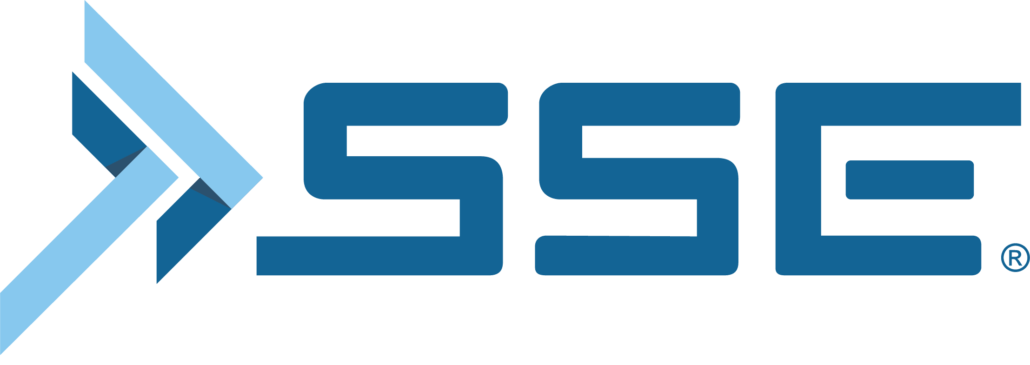What Do You Need To Know About NIST 800-171 Compliance?
Meeting the NIST 800-171 compliance requirements is vital to national security. They are also crucial to garnering lucrative work in the DoD supply chain.
Meeting the NIST 800-171 compliance requirements is vital to national security. They are also crucial to garnering lucrative work in the DoD supply chain.
Meeting the NIST 800-171 compliance requirements is vital to national security. They are also crucial to garnering lucrative work in the DoD supply chain.
Independent contractors for the U.S. Department of Defense continue to house an increased volume of sensitive data, and the federal government has published strict guidelines to ensure its protection.
The National Institute of Standards and Technology (NIST) put forward a supplement that all contractors and sub-contractors in the DoD supply chain must meet. Given relentless attempts by rival nations and cybercriminals to access and leverage American trade secrets, missions, and operations, 800-171 compliance represents a sound and proactive cybersecurity policy. Failing an 800-171 compliance audit can result in exclusion from bidding on lucrative government contracts, loss of revenue, and severe penalties if you are housing unprotected information. These are items CEOs and entrepreneurs should consider.
Although NIST and other federal mandates layout specific cyber hygiene protocols, CUIs are of particular importance. This term refers to sensitive information that pertains to U.S. interests. It does not necessarily have to be government regulated, which can cause contractors to make missteps.
By definition, a CUI could be any piece of data that could provide insight into the inner-workings of the DoD or federal government in the hands of an enemy state. This effectively amounts to any strain of information that could be considered even “potentially” sensitive. The individual CUI protection requirements exceed 100 and are grouped in the following 14 categories.
What may be of particular importance to direct DoD contractors and sub-contractors is that CUI files do not usually require a security clearance to access. Many are simply coded with tags such as “Office Use Only” or are restricted to a company department. Financial records that highlight the amount of the government contract or timeline could easily be considered a CUI.
In each of the 14 categories, achieving NIST 800-171 compliance requires a comprehensive cybersecurity action plan to meet dozens of specific guidelines. Organizations without a laser-focus on cybersecurity are likely to not be able to see the forest through the many requirement trees. But a managed IT cybersecurity expert generally places the mandates into the following two subsections.
Along with meeting 800-171 compliance standards, outsourcing provides DoD supply chain organizations with proactive business security. It stands to reason that your piece of our national security requires a laser focus, and reading and implementing ever-changing cybersecurity regulations is something of a distraction. By contrast, that’s precisely what managed IT cybersecurity specialists do every day.
If you have a profitable DoD contractor or subcontract for a military defense organization, in all likelihood, you need to meet the 800-171 compliance standards. It may be in your best interest to work with a third-party cybersecurity outfit and have an independent audit conducted to find potential gaps. Taking such proactive measures could avoid failing a government audit and suffering the consequences.
Check out some of our technology and DOD cybersecurity articles.



Interested in how SSE can optimize your business systems to ensure maximum availability and security? Contact our team today, and take a leap forward into the future of technology.
9666 Olive Blvd # 710,
St. Louis, MO 63132
info@sseinc.com | (314) 439-4700

 What You Need To Know About NIST SP 800-53 Control Standards
What You Need To Know About NIST SP 800-53 Control Standards
Enter your contact details below to start the process.
